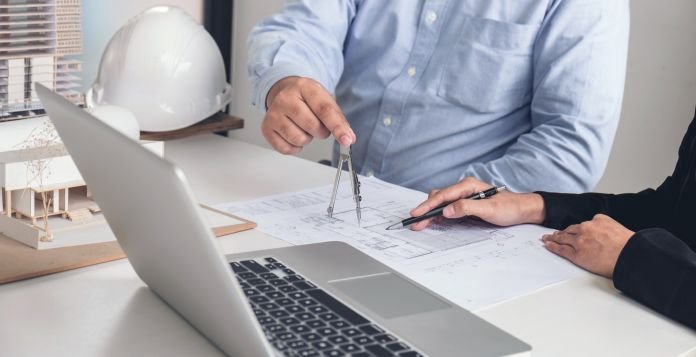Steps on Building a Residential Extension in London
- by Bhavi Bhudia
- Hits: 1880

Are you planning to extend your home in London? Building a residential extension can be a great way to increase the living space in your house and add value to your property.
However, the process can be quite complicated and overwhelming if you don't know where to start. Here are some steps to guide you through building a residential extension in London.
Step 1: Determine the Purpose and Scope of Your Extension
Before getting started, you need to determine the purpose and scope of your extension project. You need to identify the main reason for the extension and decide on the specific requirements in terms of design, space, and budget. The purpose of your extension will also determine whether you need planning permission or not.
Consider the Purpose of Your Extension
There are various reasons why you may want to extend your home. These include adding a new bedroom, creating a larger kitchen, increasing living space, or creating a home office. Determining the purpose of your extension will help you identify what you need to include in your design plan.
Decide on the Scope of Your Extension
The scope of your extension will depend on your budget and the purpose of your project. Decide on the size of the extension in terms of square footage and the number of rooms you want to add. You also need to consider the design of the extension, the materials you want to use, and the type of roof to install.
Step 2: Check Planning Permission Requirements
In London, most residential extensions require planning permission from the local council. Planning permission is required to ensure that the extension meets the building regulations and does not cause harm to the environment or the surrounding properties.
Check Planning Permission Regulations
Before starting the build, you need to check the planning permission requirements for your area. Look for regulations specific to your borough, as different councils may have different requirements. If in doubt, contact your council's planning department for advice.
Hire a Planning Consultant or an Architect
If you are uncertain about the planning permission requirements, it's worth hiring a planning consultant or an architect. They can advise you on the process and help you with the application process.
Step 3: Hire a Professional Builder
Unless you are an experienced builder or contractor, it's best to hire a professional builder to build your extension. A professional builder has the skills and knowledge required to complete your project safely and efficiently. They will also ensure that your extension meets the building regulations and local council standards.
Tips for Hiring a Professional Builder
When hiring a professional builder, it's essential to consider the following:
- Get quotes from at least three builders to compare prices
- Check for licenses, qualifications, and insurance
- Ask for references from previous clients
- Check their portfolio for similar projects they have completed
- Agree on a written contract outlining the scope of the project, payment schedule, and timelines.
Step 4: Prepare the Site for Building
Once you have hired a professional builder, it's time to prepare the site for building. The builder will need to apply for building regulations approval and set up a temporary site office and storage area.
Site Preparation Requirements
Site preparation involves the following:
- Excavating the area where the extension will be built
- Laying foundations, drainage, and pipes
- Erecting the frame of the extension
- Installing the roof structure and covering
- Fitting windows and doors
- Finishing touches such as painting and decorating.
Step 5: Get Completion Certificate and Sign Off
After the build is complete, you need to get a completion certificate and sign-off from your local authority. The completion certificate is proof that your extension has met the building regulations and is safe to use.
Getting a Completion Certificate and Sign Off
To get a completion certificate and sign off, you need to contact your local authority's building control department. They will arrange for an inspection to ensure that the extension meets the building regulations and issue a completion certificate if all requirements are met.
Conclusion
Building a residential extension in London can be a challenging process, but with the right guidance and planning, it can be a rewarding experience. Remember to determine the purpose and scope of your extension, check for planning permission requirements, hire a professional builder, prepare the site for building, and get a completion certificate and sign off. By following these steps, you can successfully build a residential extension that meets your needs and adds value to your property.
Our Project managers at Elite have worked with many homeowners and developers to ensure their construction has run smoothly, we work with you from conception to delivery, so book in for a free no obligation consultation.
